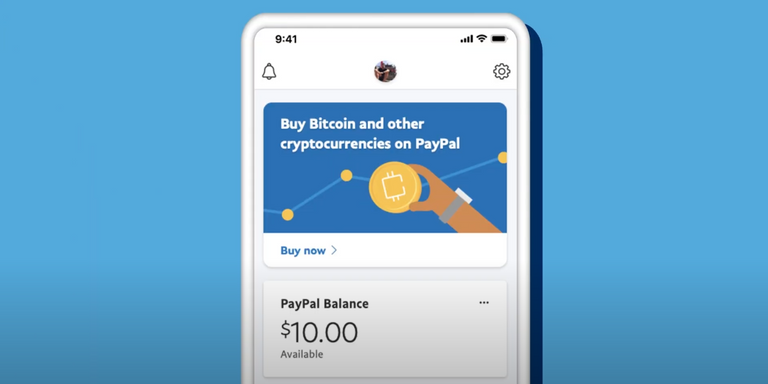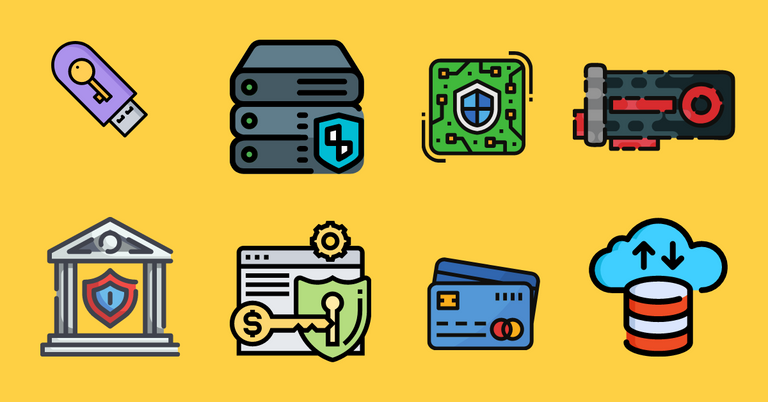What is the Metaverse?
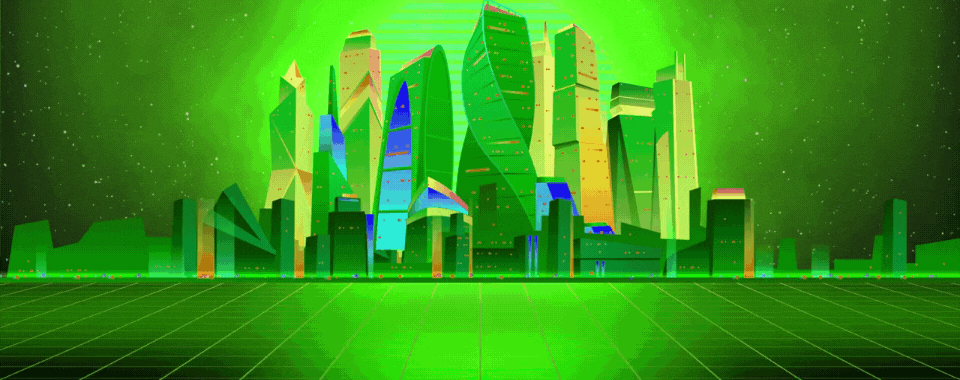
Last year, when Mark Zuckerberg announced the rebranding of Facebook's to Meta and the change of focus to "The Metaverse" there was mixed reaction but it certainly caused a stir in the technology industry. Whether you like him or not, Mark Zuckerberg is a smart cookie and it's always worth listening to him carefully as he says things that people often dismiss as whacky at the time but actually make sense in the long run. In May 2007, Zuckerberg referred to Facebook as becoming a social "operating system" for the web, people took his words too literally and thought it crazy but today, most popular websites or apps now use Facebook for login, ads, tracking, etc.
The next phase of the internet will be something more immersive than scrolling through videos, swiping right or having Zoom calls.
What is the Metaverse?
When it comes to the internet and how we communicate, we've come a long way in the last few decades, but we're on the cusp of a bigger change. The next phase of the internet will be something more immersive than scrolling through videos, swiping right or having Zoom calls. Instead of something we go to, it'll be part of the fabric of our daily lives. Following the trend of ambient computing driven by the likes of Alexa, Siri and Google Assistant, you'll always be in the Metaverse to some extent. Some use-cases might see you going deep into a virtual world, others might be about bringing remote parts of the real world together in an immersive way.
Have you ever been so deeply immersed in an online experience it becomes 'real'? It could be an amazing text based chat where you feel a connection between you and the other person and begin to forget the technology. It could be an online gaming experience with friends that's as real a memory as playing a physical football match would've been. Outside of gaming, these experiences have been rare exceptions but the boundaries between 'real' and 'online' are starting to blur more and more. The Metaverse is about making these immersive experiences the norm, letting the technology disappear and focusing on the connections.
Haven't we been down this road before?
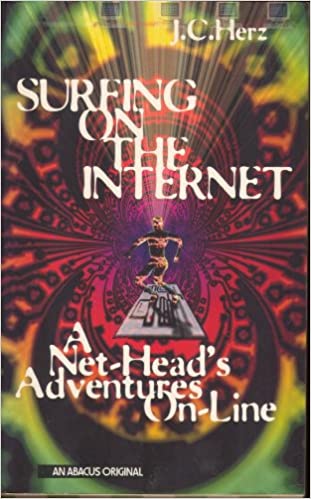
Yes, absolutely, and we're still on that road. Some of the earliest Metaverse experiences pre-date the web with things called MUDs, MOOs and MUSHes that were big in the 80s. A 1995 book Surfing on the Internet by J.C. Hertz details the immersive realities and communities people created with just text. Essentially, these were virtual meeting spaces where people would take on real or fictional identities, sometimes living out a life as a fantasy character but all without graphics. Today that might sound somewhat lame but bear in mind the great fantasy works such as Lord of the Rings came from a text based medium, all it took to enter these virtual worlds was creativity and a will to immerse yourself in it.
Later, graphical platforms like Second Life became popular, creating 3D virtual worlds where people interacted as avatars and made lives for themselves in a virtual space. For a time this style of virtual environment became hugely popular, peaking in the late naughties. Sony even created their own PlayStation Home virtual world but it failed to usher in a new paradigm following its launch in 2008. The concept was perhaps ahead of its time, or perhaps the technology wasn't ready back then. Instead, the rise of Social Media filled that vacuum and fulfilled our need to connect, as the illustration below from Google Trends makes clear.

Whilst the medium may have changed, what's clear from all of this is that we want to use technology to connect people, free from the constraints of physical space.
So, are we ready now?
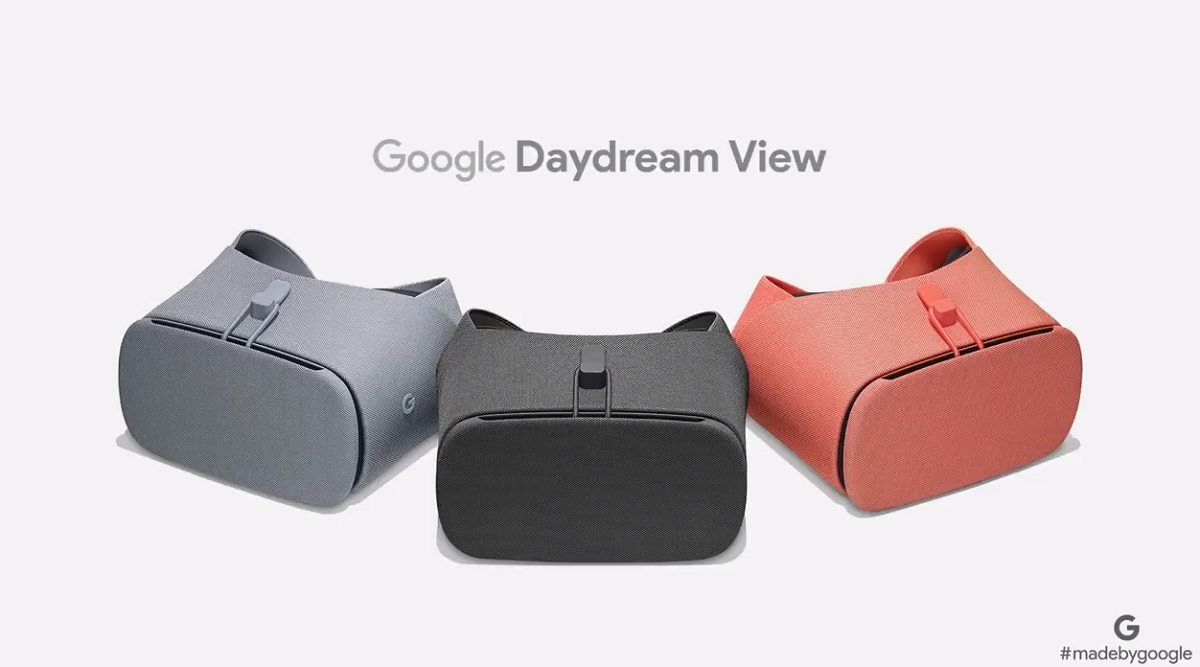
Probably not. But, we're closer than we ever have been.
The technology to bring virtual reality, augmented reality and mixed reality to the mainstream is beginning to take shape but it's still fragmented and gaming orented. My 4-year old son will happily watch 360 'VR' videos on Youtube with a phone and a basic VR headset but the VR options through smartphones are pretty limited still, despite the original promise of Google Daydream. Platforms like Oculus, Vive and Playstation VR cost hundreds of dollars and are focussed on gaming because that's where the money is, it's a great use-case but not exactly a metaverse.
Another question is whether people will tolerate bulky VR headset style devices. The march of technology means that they're getting sleeker and sleeker but 3D televisions never really took off in part because you had to wear polarized glasses to see the effect. It'll be a big hill to climb if the Metaverse requires that everyone in a household needs hardware that they need to buy, maintain and keep charged up.
There's a very long way to go, but we're set on the path already with VC funding piling into metaverse start-ups and whether people want it or not - we are going to get there. There might be some 'big bang' releases but mainstream adoption will come in phases and over time the difference in quality and immersion will become steadily more noticeable. Think about the difference between chatting on AOL/MSN Messenger in the 90s versus being able to stitch your friend's TikTok video or guest on their live stream.
The future Metaverse will make Second Life look like a text message.
What will the Metaverse actually be like?
That's really hard to say right now, and there's probably not one single answer but I'll tell you what I don't think it will be in the end. This idea that people will want to hang out, meet and work with each other in a wholly virtual world seems to dominate current era thinking, but it doesn't ring true to me. It's short-sighted, and projects our a version of our physical selves into a virtual world for no real gain. I am not my body, I am not the shirt I'm wearing or the shorts I've worn perpetually working from home - in a virtual world I don't really need a body to be me. I've had real meaningful relationships with people through chat, through email or Xbox Live - people I've never seen or met.
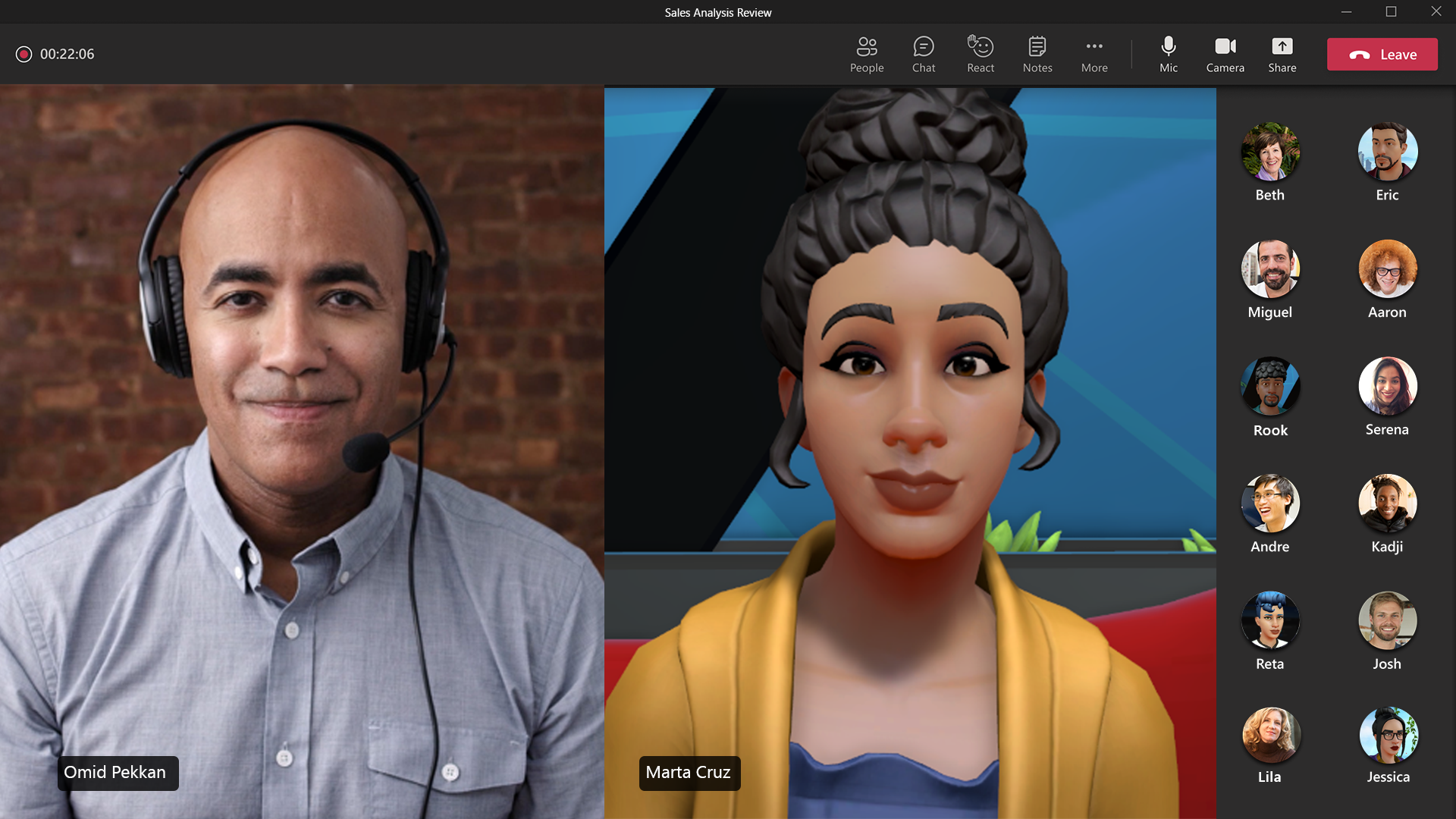
Bill Gates recently said that the majority of business meetings will be taking place in the Metaverse within 2-3 years. This feels unlikely to me, to start with I just don't see what there is to gain for the businesses that are meant to adopt this technology. In pure productivity terms, I mostly just need to talk to my colleagues, not even see them. Using a webcam is better as it means we can see each other's facial expressions and have a more personal interaction. Using a virtual avatar doesn't really help with that, if all I could see was a 3D cartoon of a colleague I really might as well just be talking to them. I can't really imagine I'd ever need to be walking around a virtual space whilst talking about payment security either, maybe a virtual whiteboard would be useful but I can't see that being worth swapping webcams for VR headsets or expensive Mixed Reality goggles.
So you've probably established that I'm skeptical about the use of virtual worlds but I'm not saying that this 'virtual world' concept won't happen. Virtual worlds are already being built, and I think they'll have their place but what I firmly believe is that they will be just a stepping stone to something greater.
Whilst I can't say exactly how this will pan out, the end result will be much more about connecting with each other across space than showing you what digital sneakers I'm wearing.
Let's talk about monetisation...
Today's web is largely driven by capitalism, someone has to pay for the infrastructure and the platforms we use to communicate and the 'big tech' firms of today are absolutely making a play for the Metaverse. Social Media revenue today comes from advertising and those ads are typically sold based on what social platforms know about their users. This is most significant when you think in terms of Meta who own Facebook, Instagram and WhatsApp, the name chane starts to make more sense. It is absolutely in Meta's interest to try to 'own' the virtual spaces that people hang out in, to understand users behaviour and the connections they make whether those connection be brands or people. Today, social media is a part of our lives but imagine the privacy risks of a Metaverse that touches every aspect of our home and work lives.
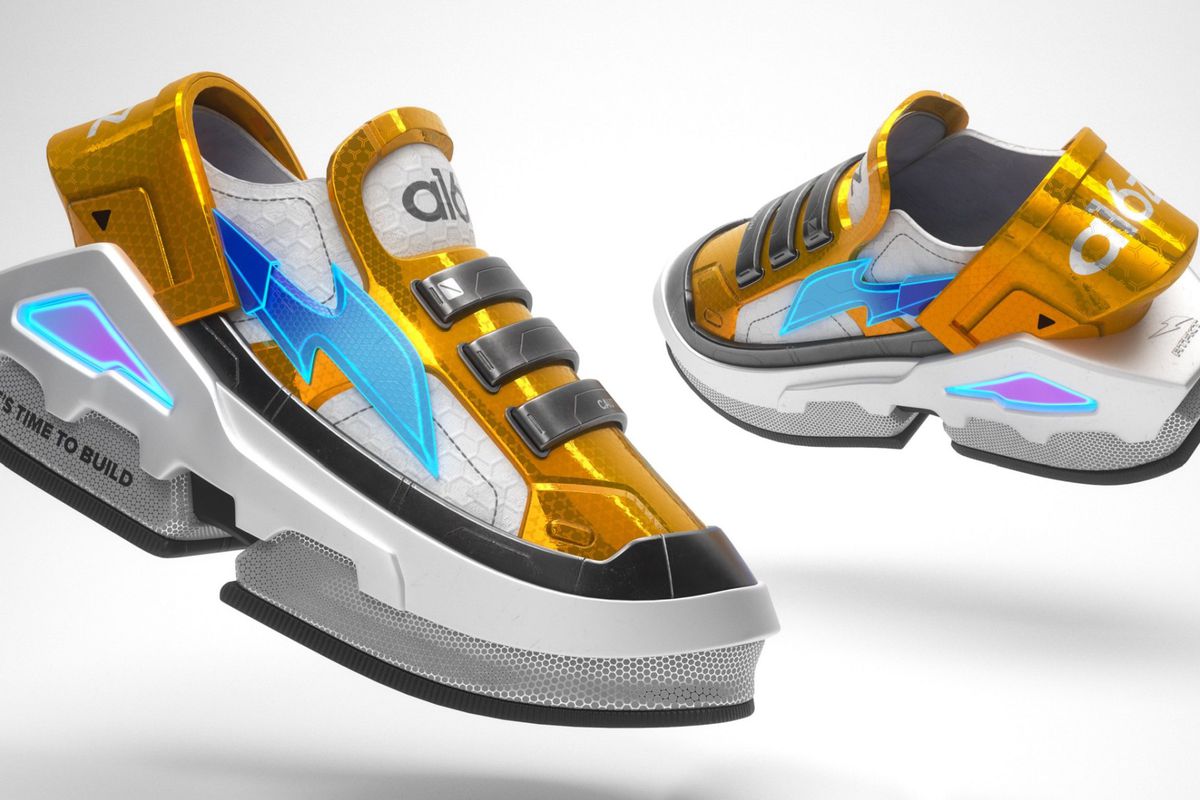
Another big underlying driver of an interoperable Metaverse will be a creator economy. Building virtual worlds, items and experiences takes time but people may be rewarded for that by monetising their contributions. This may also be backed by cryptocurrency and NFTs, the whole Web3 area is heading in that direction and brands such as Nike are rushing into the Metaverse. The big concern here is over-commercialisation as much of the existing commentary, even in Zuckerberg's original Metaverse video, talks of brands selling virtual goods like clothes and sneakers.
What I'd find thoroughly disappointing is a Metaverse built with monetisation as the core driver. The Internet was built around helping us communicate, the Web was built to let us share content, blockchain is creating the rails for a decentralised future so let's not let the Metaverse be built around selling us virtual crap we don't need. It's not that I'm against monetisation, it's inevitable, but consumerism shouldn't be the core purpose.
Tied to the commercial aspect is the concept of lock-in. Do we want to live our lives in curated walled gardens, or do we want to break free? Interoperability is key, but it's always difficult to achieve in fast-moving environments.
Where could this all go wrong?
What we definitely don't want is a Metaverse equivalent of our existing problems. Today's web and social experiences are plagued by toxic comments, fake news, obtrusive ads, invasive tracking and algorithms that manipulate what we see. No more of that please.
One concern is the digital divide, with the potential need for expensive modern hardware, how do we make sure that everyone has equal access to the Metaverse? The digital divide will only worsten if we create a tier of Metaverse connected people with those left behind finding it hard to access the same services and opportunities. If, as Bill Gates predicts, employers expect staff to be able to meet and interact in a metaverse, will they supply the equipment to employees to enable that, or will there be an expectation of a 'bring your own device' scenario.

Combine the concern of inequality with the toxicity of today's platforms, how do we make sure that the Metaverse is inclusive and a safe space for all races, genders, abilities, religions and sexualities? Even during beta testing, there have been instances of sexual harrasment in Meta's Horizon Worlds platform and we've already seen pricing differences for Cryptopunk NFTs based on race and gender. To some extent it feels as though a virtual world style metaverse where we choose avatars forces us to either project our physical characteristics into the virtual world, or to live a lie using a fictional alter-ego. Is our avatar meant to be us as we are, us as we'd like to be, or something else entirely? Either way, anyone that's spent time on Twitter, Youtube or Instagram will know how little respect people seem to have for each other in virtual environments with disagreements over seemingly trivial topics spawning threats of rape and murder.

With the advent of deep fakes it's getting harder and harder to know whether a video is real, so how will someone know that your avatar is really you? Will the security challenges come from being able to deepfake someone's avatar, from avatar squatting or avatar jacking What might a criminal be able to do if they've compromised your Metaverse account? The potential for harm is huge. An easy solution here might be to tie everying to a bulletproof identity like a government issued ID, though this feels a little too Orwellian and would completely remove any form of anonymity.
Where could the Metaverse take us?
If I were to list the top 5 technologies/concepts that I think have potential, Metaverse would definitely be on that list, though I think it'll take quite a long time for it to be as transformative as the web.
What we've seen so far is that technology has the potential to bring people together, to give people a voice and to create whole new type of commerce with the creator economy. The web broke down boundaries between nations and people and helped to create geographically dispersed communities centred around hobbies, beliefs, shared experiences, etc. The Metaverse will take that further, with the potential to create wholly immerseve worlds that perhaps only make sense to those with a niche interest, or to bring content, concepts and even remote places together such that you could explore Seoul city centre with your friends from Panama and Namibia.
It's hard to predict specific scenarios, but even more barriers to connection will fall. The Metaverse will bring us all closer together, so let's make sure we all bring our best selves into this new realm.

